If you need immediate help because you are hurt or have taken an overdose phone 999.
If you are having a mental health crisis and don’t think you can cope, talk to someone immediately. Make sure you are not on your own.
You can also phone 0808 196 3779, the Nottinghamshire Mental Health Crisis Line, 24/7.
SHOUT is a free, confidential, anonymous text support service for anyone struggling to cope, available 24/7. Text NOTTS to 85258.
I am having thoughts about suicide...
If you are having thoughts about killing yourself and feel like there is no way out, please remember there is help there for you. Lots of people have felt like this and have been able to access help and support, there are people and organisations out there who can listen and support you to feel better again.
It’s important you talk to someone as soon as possible to explore how you are feeling. It can sometimes feel hard to talk to someone you know but there are lots of helplines you can phone or text – Check out our Get Help Now links on this page.
You are not alone.
You might identify with this video from Papyrus HopeLine UK, where a young person who is struggling with suicidal thoughts reaches out to a helpline:
Here are some warning signs that you might be having suicidal thoughts:
- Always talking or thinking about death, wanting to die, feeling trapped or expressing a desire to end your life.
- Isolation and withdrawal from friends, family and activities that once brought you joy
- Intense feelings of persistent sadness
- Feeling hopeless or worthless
- Having trouble sleeping
- Losing your appetite
- Self-harming
- Engaging in reckless behaviours which could be life endangering/threatening.
Remember, warning signs will be different for everyone and these are just some examples that you may notice in yourself or someone you know.
Has someone you know died by suicide?
When someone dies by suicide, it can be very upsetting and confusing. Remember, it is not your fault.
Allow yourself time to grieve, it’s normal to experience a wide range of emotions like anger, confusion, guilt, sadness, frustration, and shock.
Seeking support and talking to someone can really help you process your grief and sadness, if you don’t want to talk to someone you know, there are lots of helplines you can phone or text – check out our Get Help Now links on this page.
What if a friend has shared suicidal thoughts with you?
Here are our tips for if a friend has shared suicidal thoughts with you:
- You can really help by just being there, listening and giving support
- Be open and honest. If you are worried about your friend’s safety you should tell an adult. Let your friend know that you are going to do this and you are doing it because you care about them
- Encourage your friend to get help. You can go with your friend or tell someone that they want to know about it
- Get information from telephone helplines, websites, etc. This can help you understand what your friend is experiencing
- Your friendship may be changed by the problem. You may feel bad that you can’t help your friend enough or guilty if you have had to tell other people. These feelings are common and don’t mean that you have done something wrong or not done enough.
- Your friend may get angry with you or tell you that you don’t understand. It is important to try not to take this personally. Often, when people are feeling bad about themselves, they get angry with the people they are closest to.
- It can be challenging to look after someone who is having difficulties. It is important for you to talk to a trusted adult who can support you. You may not always be able to be there for your friend, and that’s okay.
You might identify with some of these conversation themes between Freddie and Stephen in the following video from YoungMinds:

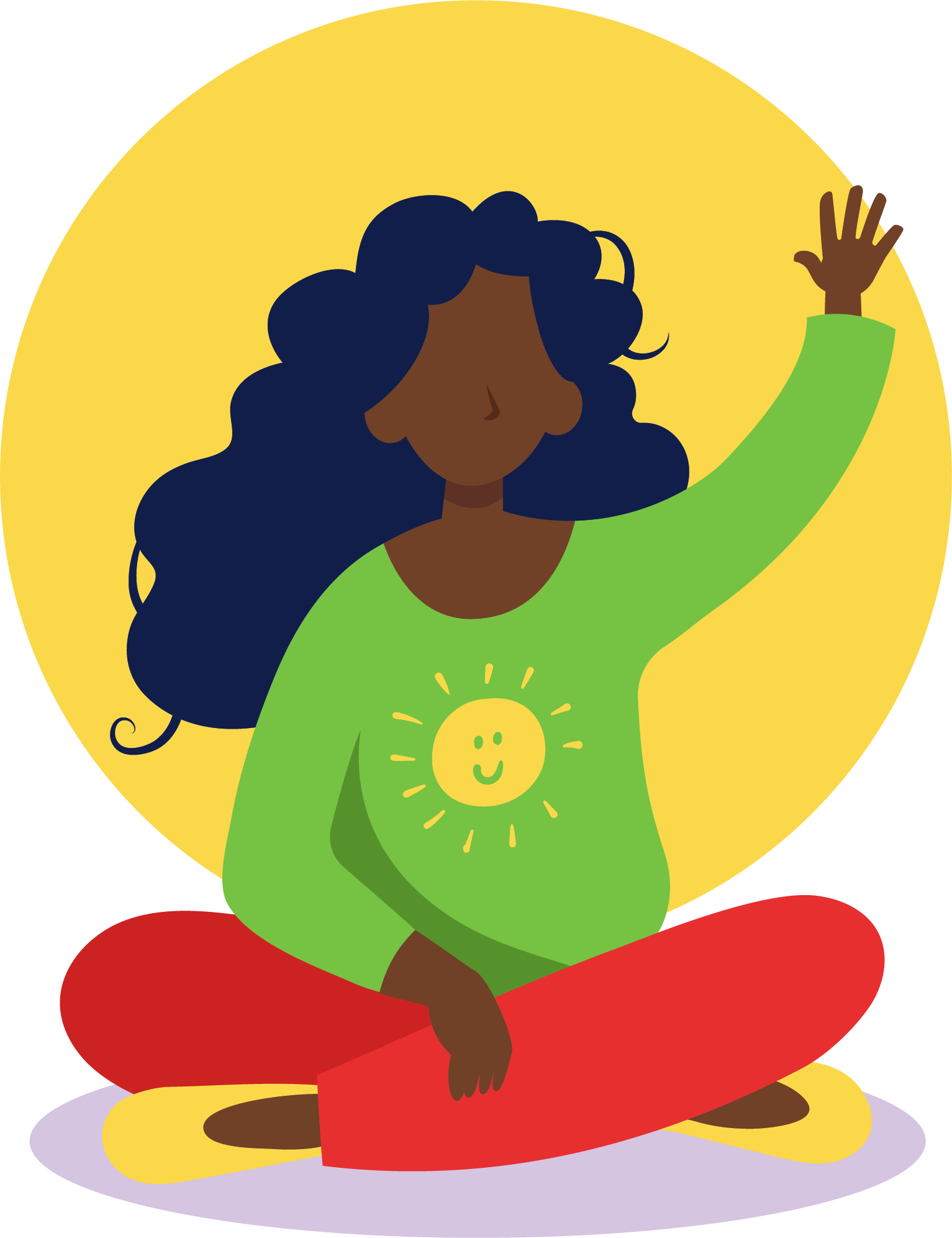




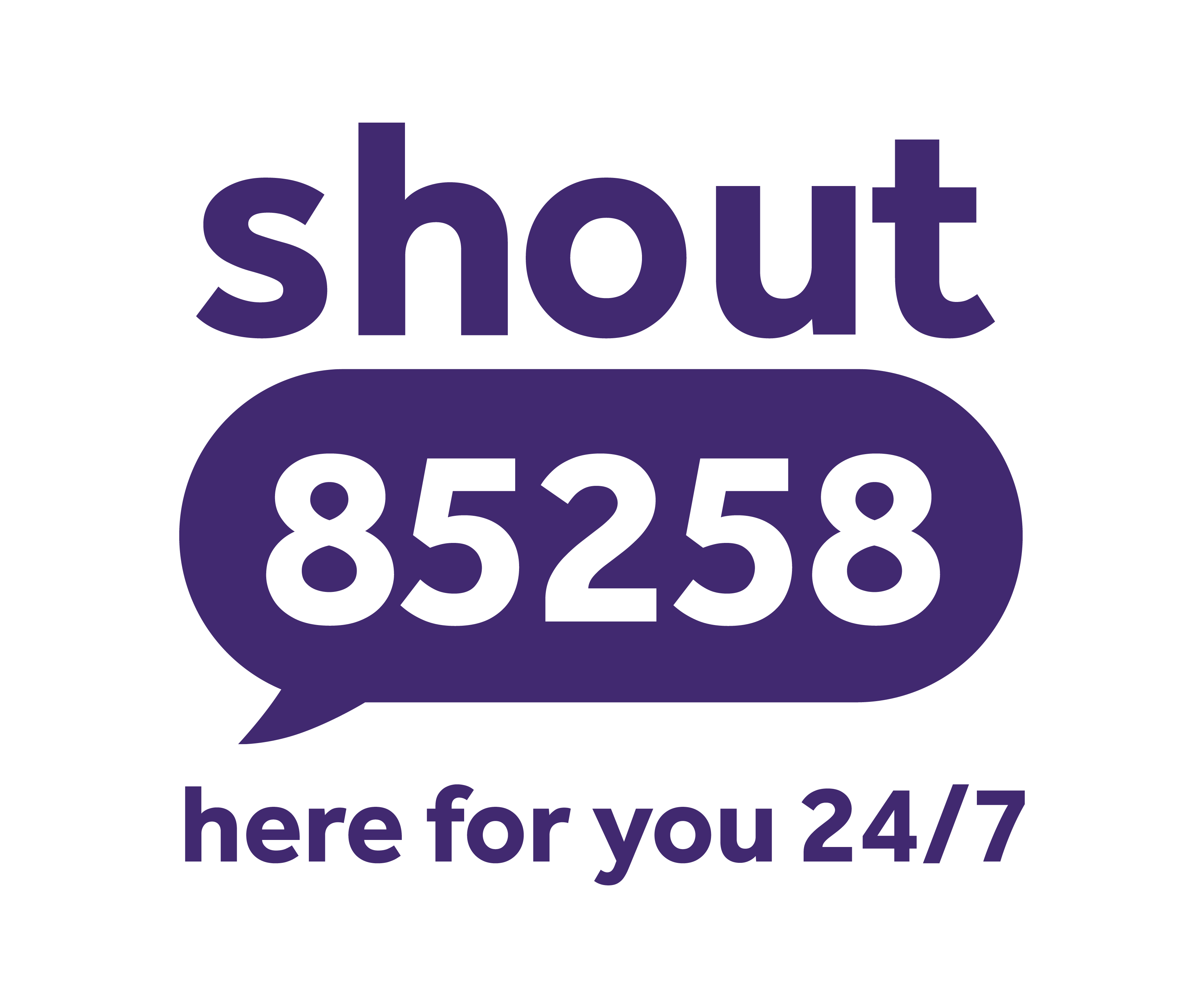
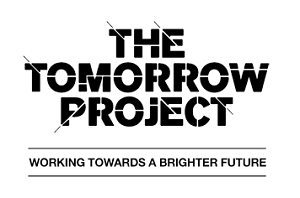
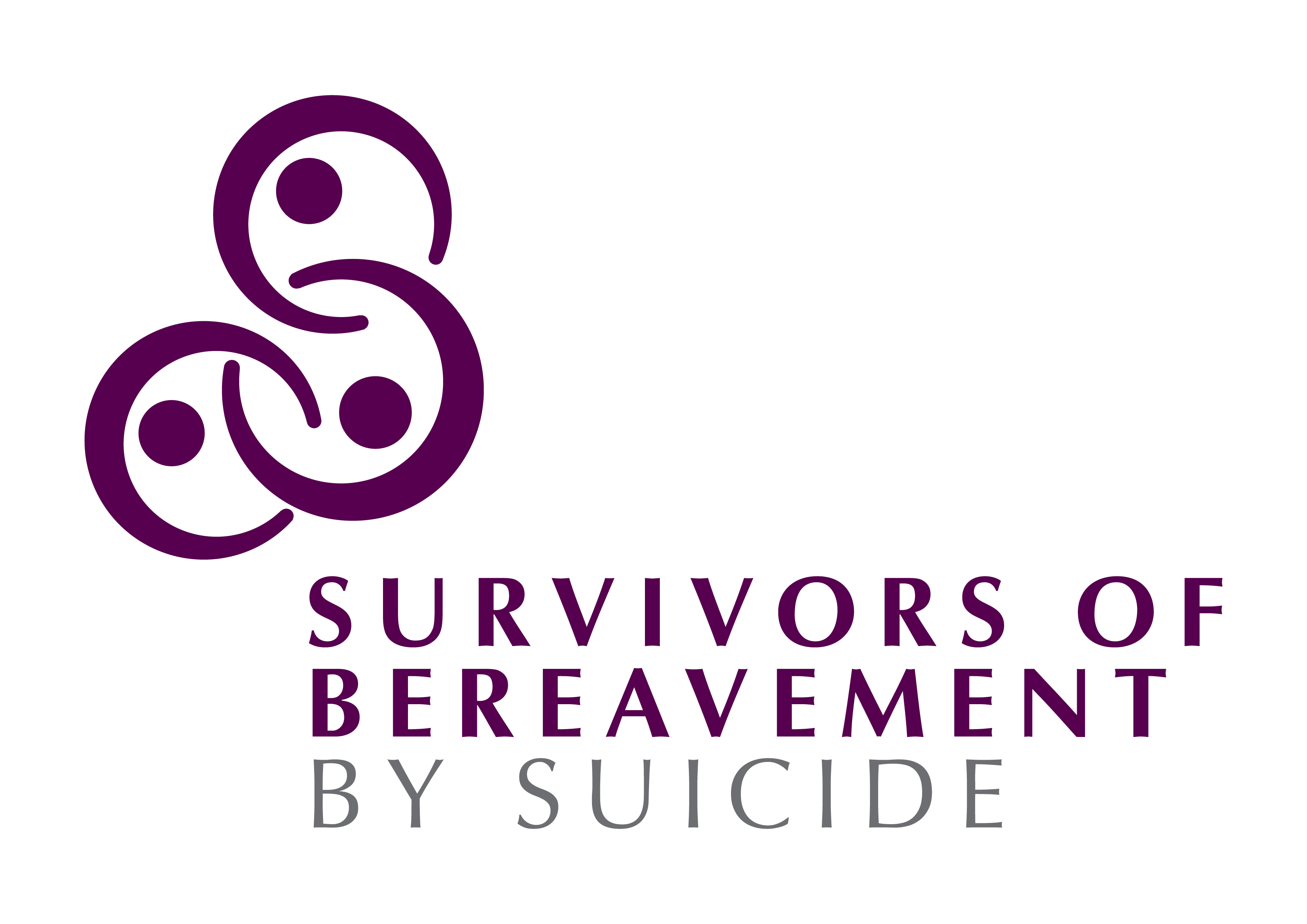
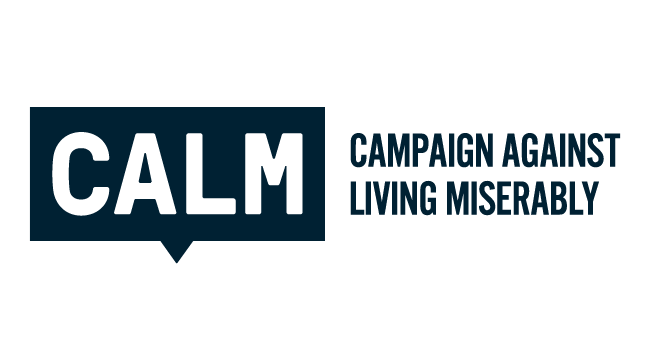
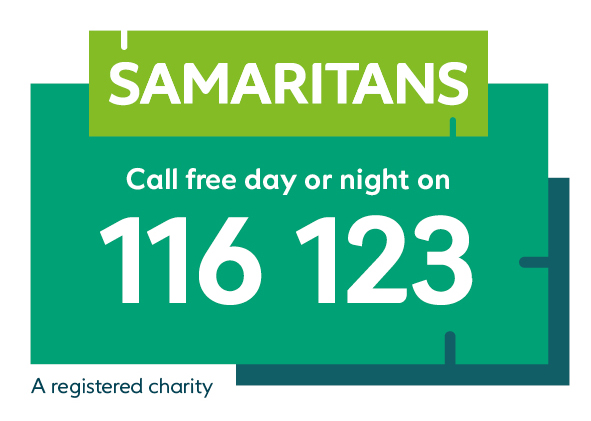

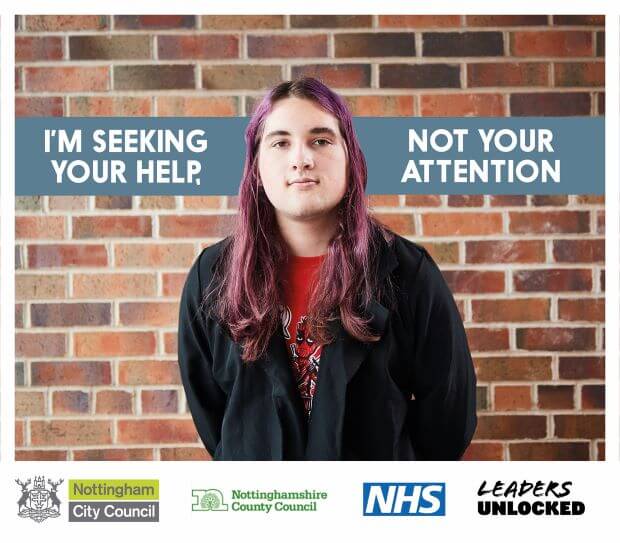

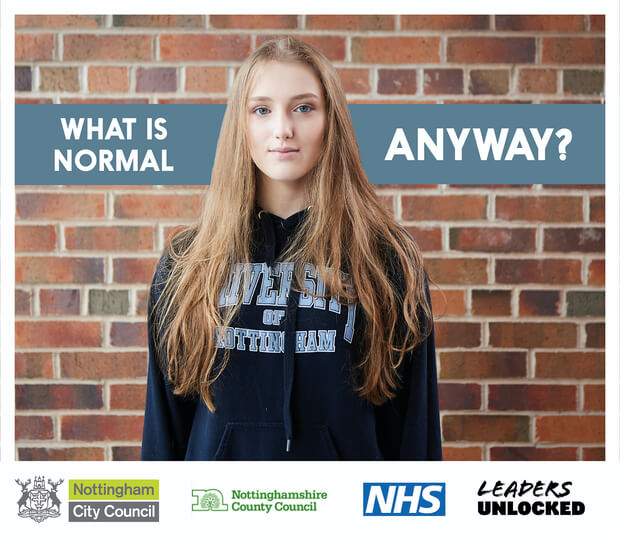


You Are #NOTTALONE
Follow us online and continue the conversation